Previous Post from Tuesday, 19 November 2013
Despite generally noble intentions, the western Church has largely underestimated the gravity and complexity of the situation in developing countries like Uganda and thus presented solutions of inappropriate simplicity. We have consistently over-focused on what we can do or what we can give with our resources. And we have consistently under-focused on what God can do with a life empowered by His hope and love. As a result we have become unknowing accomplices to systems of poverty in our attempts to overcome these very systems.
Jesus did not live out his ministry to the poor by feeling pity on them and throwing money. He didn’t minister by establishing a relationship of status-based superiority.
He lived with them.
He learned about the way that they hurt. He learned about the way they were broken. And He empowered them with his outpouring of love and truth which aligned directly with their need. Jesus conducted His ministry to the needy in solidarity with them. And I believe deeply that this attitude is exactly what He expects from us.
Now, I’m not saying that everyone needs to get on a plane tomorrow and fly to Africa. That would not be helpful. However, I do believe that we should invest considerable effort learning about a society at depth before deciding how best to help them.
In the case of Uganda, many (though not all) of the roots of their current state of oppression can be linked to their subservient relationship to the western world; a relationship which dates back over 500 years. From the transatlantic slave trade (1500s-1800s); to European Colonialism (1800s-1958); to American involvement in corrupt, post-colonial governments (1950s-1980s); to today’s crisis of dependence on Western donors; we have long been a major contributor to Uganda’s problems. Thus, it is reasonable to assume that any lasting improvement in the lives of Ugandans will come alongside a reduction in dependence on western involvement, and that includes the far-reaching hand of Christian charity.
Yes, it is good that we give to the poor. And yes, I believe it pleases the Lord that American Christians are finally awakening to their calling to serve as “a refuge to the poor, a refuge to the needy, a shelter from the storm and a shade from the heat.” But, it is key that we remain mindful of how our giving impacts the bigger picture.
As our ministry seeks to follow a sustainable model of development, we do so with a desire to address (on an extremely small scale) patterns of oppression enabled by the complex, broken nature of international sponsor/donor relations. We fundamentally believe that lessening Ugandan dependence on western donors is good for Ugandans. And, most importantly, we believe that Christ wants what is good for Ugandans!
So join us at Give Hope Ministries as we partner with Ugandan families to empower the orphans of Busia, Uganda through education, hope, and the love of Christ. Join us as we make a difference in the lives of children and communities with the use of an initial, upfront capital investment rather than an open-ended donation and the generations of baggage that goes alongside.
Let’s work together to show Christ’s love by empowering impoverished communities with hope and love. Let’s break away from ignorance and live in solidarity with those we have been called to serve. Let’s be a part of the solution.
Let’s Give Hope!
- Jacob

